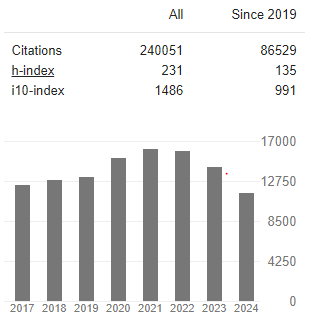The use of The International Classification of Functioning, Disability and Health for Cancer Rehabilitation Evaluation and Follow-Up: a Structured Proposal
Abstract
Ana Laura Contim Ferratto, Munique Egle Dona, Luciana Alexandra Antonia de Almeida, Adriana Naomi Hamamoto, Fabiana Reis, Livia Garcia Drago Couto, Luiz Paulo Marques de Souza, Elisângela Pinto Marinho de Almeida, Marta Imamura, Linamara Rizzo Battistella and Christina May Moran de Brito
Background/Objectives: The aim of this study is the operationalization of the International Classification of Functioning, Disability and Health (ICF) in the rehabilitation care performed at the Institute of Cancer of the State of São Paulo through structuring a goal-oriented tool with relevant categories of evaluation and follow-up for cancer outpatients to be applied by physiatrists, physiotherapists, physical educators, occupational therapists, and psychologists.
Methods: A qualitative study based on a literature review and a modified Delphi exercise, Estimate-Talk-Estimate (ETE) technique, was performed with the service’s rehabilitation experts. Consensus was obtained after four rounds under the 80% agreement threshold.
Results: Forty categories were identified for neuropsychological evaluation and thirty-three for psychoaffective support, with 12 goals. Thirty-five categories with 13 goals were accounted for physiotherapy. Physical educators identified 18 categories, with 7 goals. Occupational therapists selected 54 categories, with 10 goals. A referral for personal factors was established. Functional Assessment of Cancer Therapy-General (FACT-G) was the quality of life tool chosen to be applied.
Conclusions: A set of relevant ICF categories was structured, tailored by a clinically meaningful routine of assessment and follow-up of cancer outpatients based on specialists’ clinical practice and scientific literature. It will contribute for analyzable institutional health data. Its implementation and future discussion may promote the instrument’s refinement.



